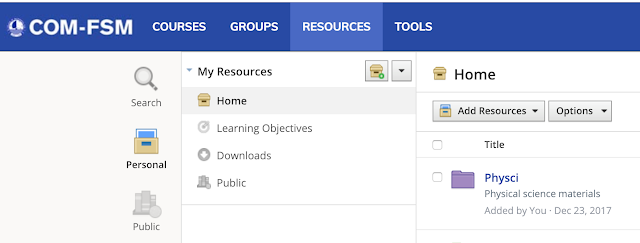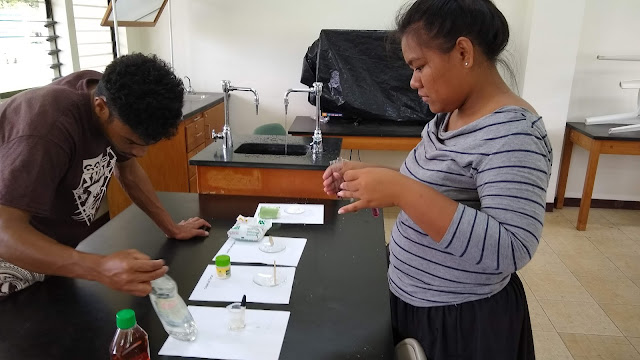Assessment of Schoology usage by faculty

An estimated usage of Schoology spring 2018 based on student surveys suggested that on the order of 83% of the national site college faculty were using Schoology in support of their courses. At that time a separate survey of faculty reported that 90% of the faculty at the national site were using Schoology learning management system. The national site faculty survey, being an anonymous self-report, was thought to over-estimate Schoology usage among national campus faculty. Faculty who were not using Schoology might have been less inclined to submit a survey as Schoology usage is mandated at sites connected to the Internet by fiber optic cable. In December 2018 survey forms were distributed to 37 faculty mailboxes at the national site, a meager six surveys were returned. The sample size was too small to draw any useful conclusions. A separate unpublished analysis of student logins done in December 2018 by the Office of Institutional Effectiveness indicated that 95% of the studen



